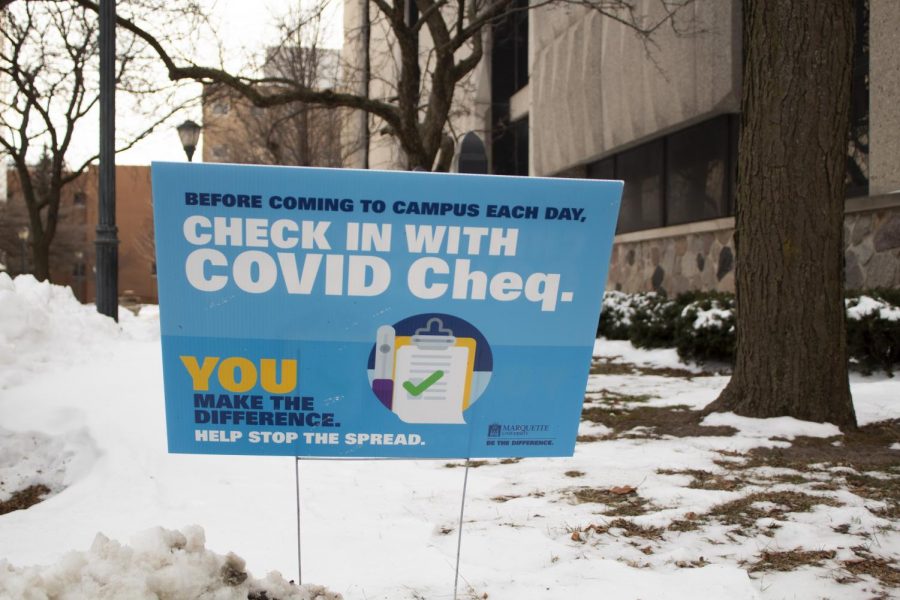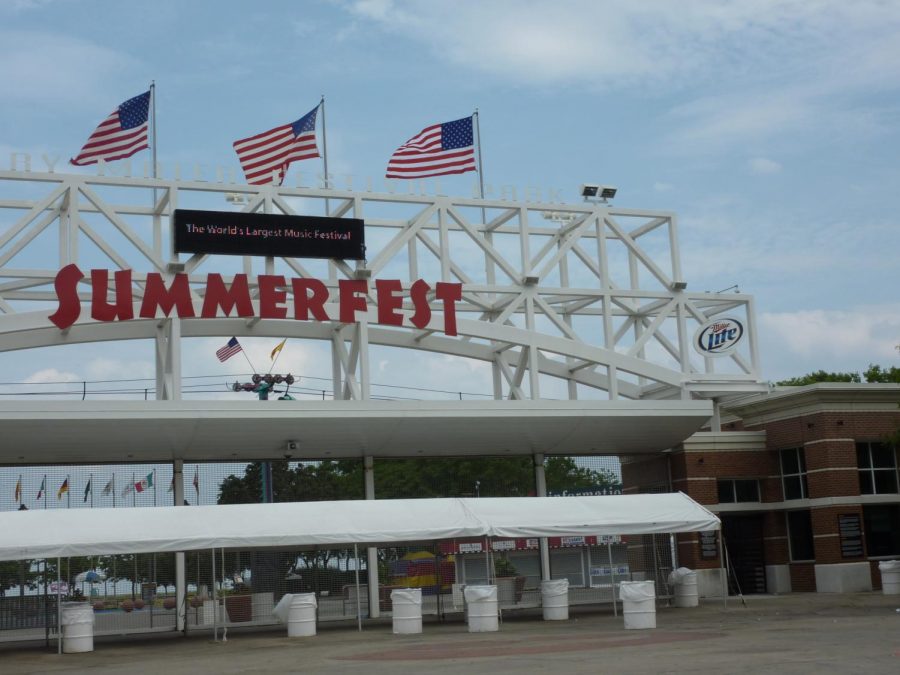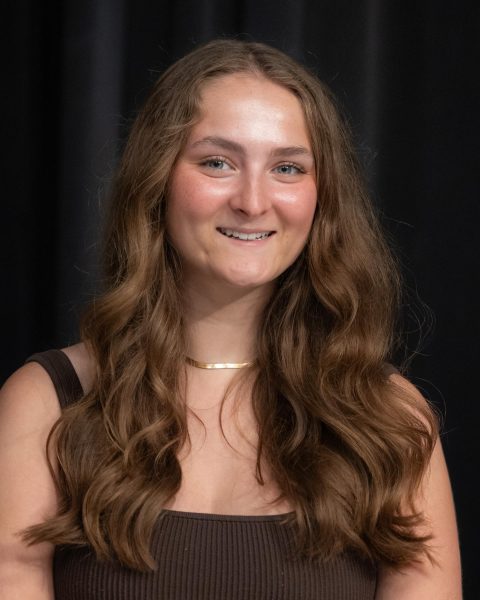To ensure safety on campus during the coronavirus pandemic, Marquette University implemented mandatory COVID-19 testing during the spring semester. Up to 500 random students are selected to take the test each week.
Each Sunday, the selected students are sent an email announcing their mandatory test and providing a link to choose a date and time. The sign-ups occur Monday through Friday from 7-11 a.m.
The testing center is located at the Helfaer Recreation Center on the basketball courts. Students are asked to not brush their teeth, smoke, chew gum, use lip balm or eat or drink 30 minutes prior to a test so there is not an invalid test result. Students are required to take a saliva test if they followed those rules, but the other alternative test would be giving themselves a nose swab. Students do not have a choice which test they must complete, for the testing center decides for them.
Danilo Dobrilovic, a sophomore in the College of Arts & Sciences, was selected as a random student to get tested.
“I entered the (room) and showed my ID to people at one station and then moved to the next station where I took the test itself, which was a nasal swab that I had to do myself,” Dobrilovic said. “After that, I sealed the sample and dropped if off at the third and final station where I got a paper that said I had completed the test.”
According to Marquette’s Coronavirus Dashboard, so far throughout second semester there have been 2,184 tests conducted on campus. First semester there were 4,743 conducted.
Sophie Freisleben, a first-year in the College of Nursing, said the testing went smoother than what she had expected.
“I had to do a spit test, so I filled a pretty small vial with my saliva. I expected it to be more difficult to fill than it was, but it didn’t take that long,” she said.
Carolyn Smith, associate professor in the department of physical therapy, said the most difficult part of the testing process is the student generating enough saliva to fill the vial. Students must fill one milliliter of saliva.
Smith said surveillance testing has always been a component of Marquette’s testing plan but due to state and national testing capacity shortages.
The Washington Post said, “the limited supply of does of the vaccines has forced State Department leaders to make difficult and enviable decisions, and created humbling experiences for U.S. diplomats representing the world’s wealthiest country.”
Smith said Marquette focused its priority in the fall on testing symptomatic individuals and those in close contact with COVID-19.
“As supply shortages improved and more testing options became available, Marquette had the capacity to increase testing in the Spring. Ongoing, random surveillance testing of asymptomatic students is an effective strategy used to control the spread of COVID-19,” Smith said. “The strategy is designed to identify shifts in positive tests so mitigation strategies can be quickly implemented. Random testing also helps give Marquette a sense of prevalence of the virus in our community.”
Smith said how students have been doing an excellent job following directions regarding the COVID-19 testing, and they have had a very small percentage of invalid tests.
“Surveillance testing is helping keep the campus community healthy in order to allow students to live and learn safely. When selected, please do your part and schedule your appointment. Testing is mandatory and failing to schedule an appointment will result in a $50 fine, loss of access to campus facilities, and a potential conduct hearing,” Dr. Smith said.
This story was written by Julia Abuzzahab. She can be reached at julianna.abuzzahab@marquette.edu








